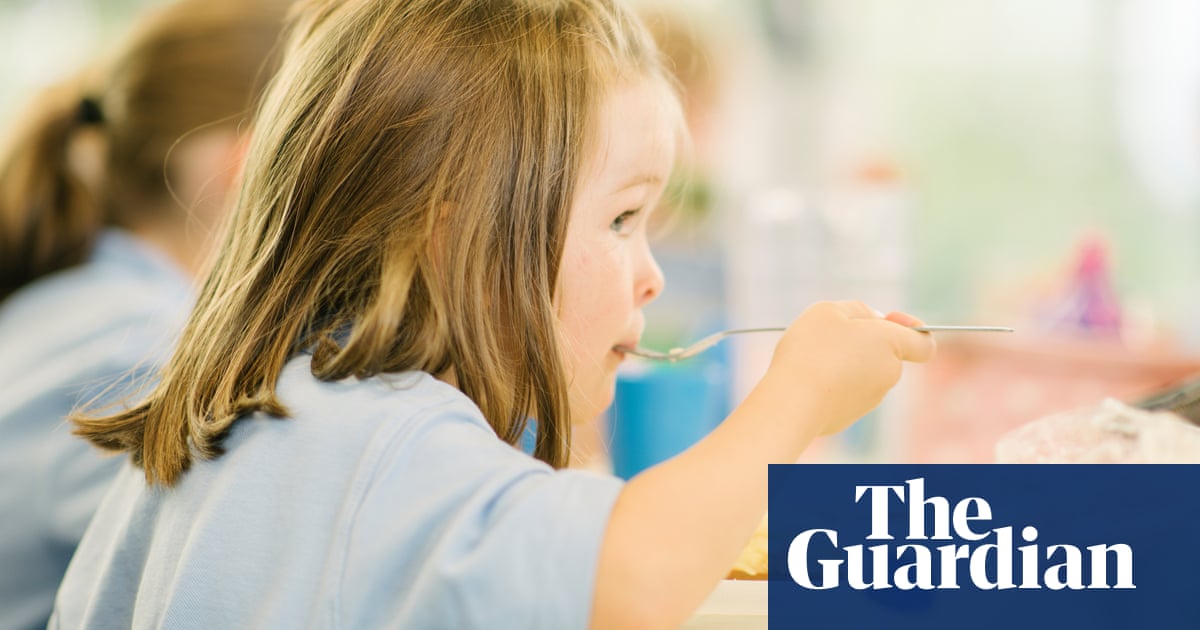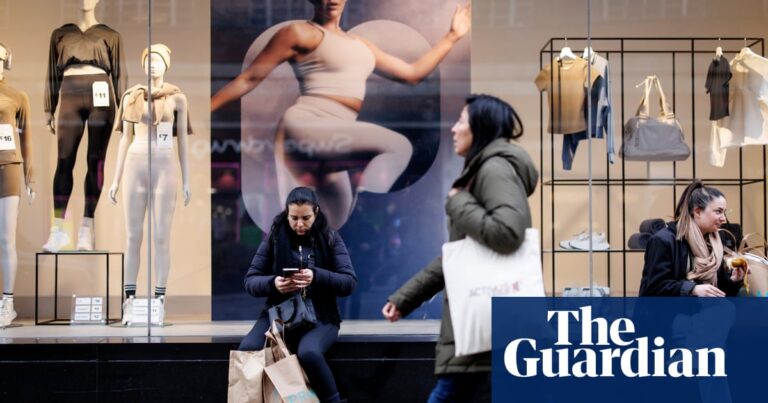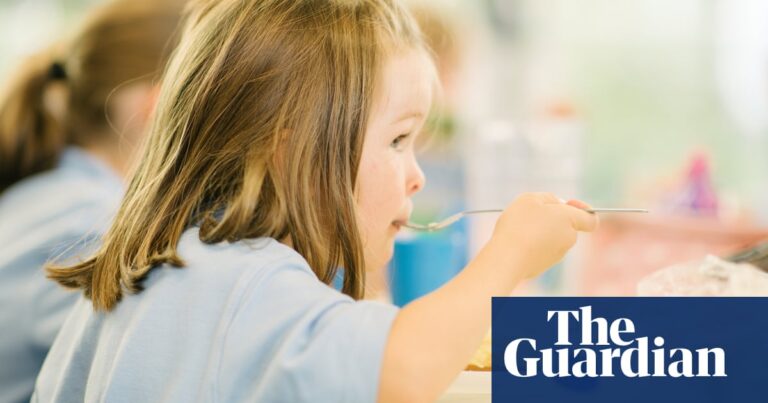
Primary schools in England will be forced to subsidise free school meals for infants from their own budgets after the government’s “pitiful” 3p increase in funding, according to school leaders.
The Department for Education announced that its funding for universal infant free school meals would rise from £2.58 to £2.61 per child in September, with the 3p rise well below expected inflation and wage increases facing schools.
Joseph Howes, the chair of the End Child Poverty coalition and chief executive of the children’s charity Buttle UK, said: “A 3p increase to cover the cost of school meals, which are not even available to all primary-aged children, let alone all poorer children, is just not good enough.”
Paul Whiteman, the general secretary of the National Association of Head Teachers, said the existing rate was already below the estimated £3.16 a day it costs schools in England to provide a hot meal.
“This disappointing below-inflation increase will still leave many schools having to subsidise free school meals from budgets already seriously stretched after years of real-terms funding cuts under previous governments,” Whiteman said.
“Suppliers sometimes pass on increased costs of producing meals and school leaders are caught between a rock and a hard place. They don’t want to compromise on the quality of food provided, but that may mean having to cut spending on other things which may affect children’s learning.
“We urge the government to look carefully at the actual costs of providing meals and make sure these are fully covered in the funding schools receive.”
The lunches are provided to all children in reception, year 1 and year 2 classes in state primary schools, meaning a typical school with 90 pupils in the three year groups will receive an extra £2.70 a day.
The 1.2% increase is well below the 3% annual rise in food prices recorded in March by the Office for National Statistics, while pay rises of 3% or more are expected for catering staff, alongside increases in the minimum wage and national insurance contributions.
Universal infant free school meals were introduced under the Conservative-Liberal Democrat coalition government in 2014, with schools receiving £2.30 per child.
Since then funding increases have been below inflation: by 2023, when the rate was £2.41, the Institute for Fiscal Studies estimated it had lost 16% of its value.
Munira Wilson, the Liberal Democrats’ spokesperson for education, children and families, said: “Labour are serving our children crumbs. An increase of just a few pennies is pitiful given the current financial pressures and shows that the government has its priorities totally scrambled.”
A study by the Child Poverty Action Group concluded: “Despite some shortcomings we find that the policy has yielded significant benefits for children, including children from disadvantaged backgrounds, and [the policy] deserves the support of those who campaign against child poverty.”
A DfE spokesperson said: “This government is mission-driven to break the unfair link between background and opportunity, and we have already taken action to tackle the challenges felt by families who are struggling.
“We have tripled our investment in free breakfast clubs to over £30m, with 750 early adopter schools offering free meals and childcare from this month, ensuring children are ready to learn.
“We are also continuing to fund free lunches for over 3 million pupils, while taking tough decisions to fix the foundations of the economy, deliver growth and rebuild Britain.”
Source: theguardian.com
















